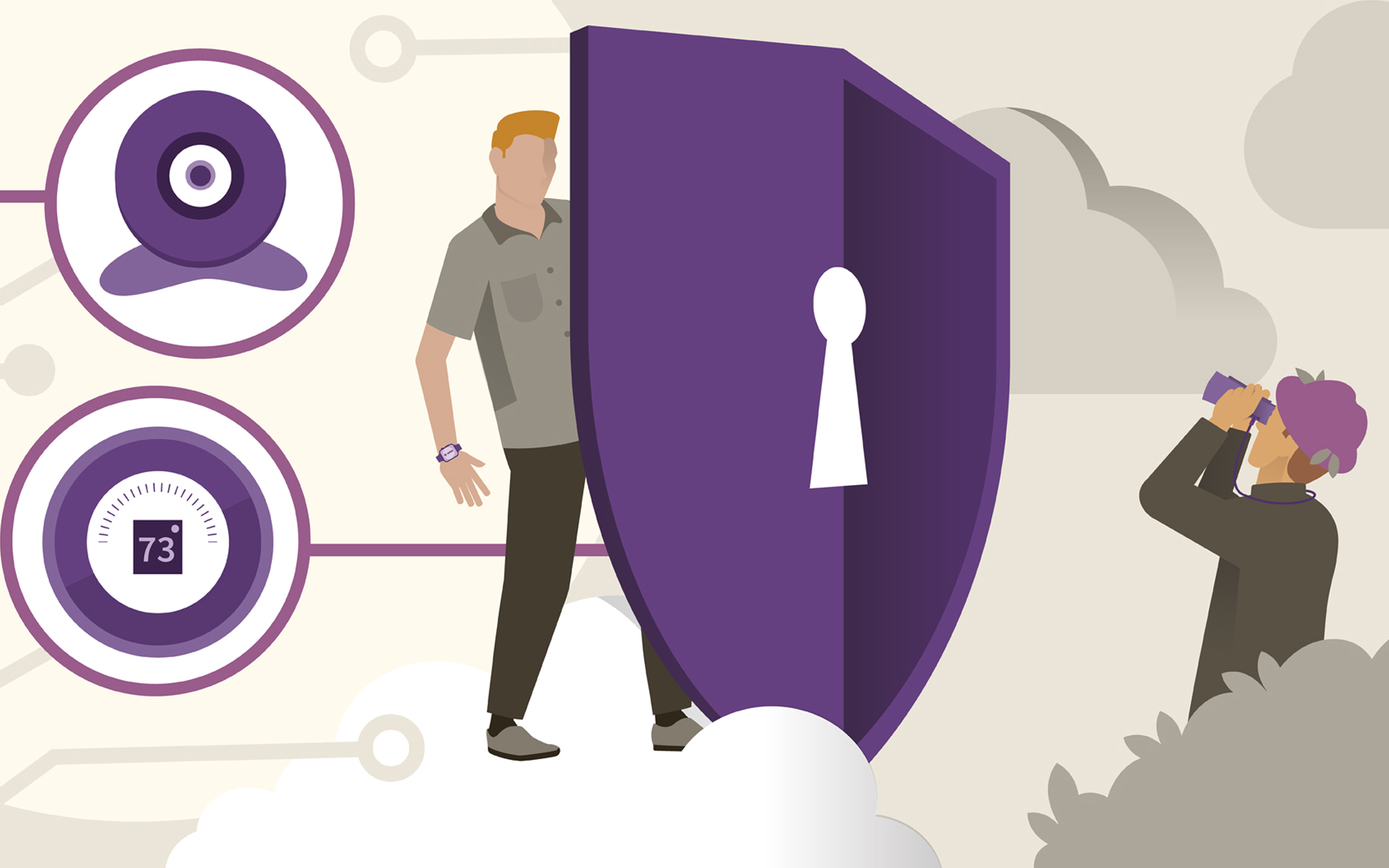Kaspersky Internet Security – Optimization

Kaspersky Internet Security (SMALL 6.0.2.614), I have been using for several months and I have not flirted with any virus yet . Many are longing for anti-virus that he eats a lot resources , especially the services Anti-hacker and Mail Anti-Virus but Small. Normal. If the person is obsessed with security and keeps all the functions activated to the maximum defense , even if he needs protection or not, this will cost him something CPU and RAM in addition (I'm talking about the smallest ones, who have less than 1GB of RAM and – 2.60 GHz CPU ;)).
Small 6.0 , it is not only anti-virus. It is a complex that protects computers against hacker-s, type attacks phishing, spyware and spamto.
The protection solutions offered by KIS 6.0 are the following:
1. File Anti-Virus – When activated, it automatically scans the files on the hard disk, CD And others external memories (usb flash, sd card, etc.), when they are accessed or run an application in the system. It also automatically scans active processes. (which appear in Task Manager and who use stealth activity).
2. Mail Anti-Virus – Service that automatically scans everything mail-s coming through Microsoft Office Outlook . More precisely, it scans all traffic Pop3, SMTP, IMAP, Nntp and other ports specific to e-mail services. Good against Trojans SI and keyloggersent by e-mail.
3. Web Anti-Virus – I think this is the most important option, which must be permanently activated on a computer. Scan HTTP traffic. More precisely, it automatically scans everything web page sources (sites) that are accessed through Internet Explorer.
4. Proactive Defense – It scans everything that moves. Protects against viruses executable files, registry and type files Microsoft Office. CONSIDER and scans , file integrity of system, active executables and MS Office. Most type alerts “corrupted files“, I come from this service. Proactive Defense: Application Integrity Analyzer, Application Integrity Control, Registry Guard & Office Guard.
5. Anti-Spy – It's clear what this service is for, right? Anti-Phishing : protects the user against the websites of phishing . That is, sites that claim to sell different things/services online and urge the user to use them credit card online. A hole in the bank account, I don't think it would be welcome for anyone.
High anti-spy ale components: Anti-Popup , Anti-Banner (blocks all banners that are displayed by java scripts. Including Google Adsense and the trafic.ro monitor) and Anti-Dialer (for those who still use dial-up telephone lines.
6. Anti-hacker – …or firewall . Filters and monitors incoming/outgoing data packets on directions LAN and Internet. Prevents LAN attacks by hackers and unauthorized actions, remote control from a distance. If another firewall client is installed and activated on the computer (or Windows Firewall activated for Windows XP SP2), it is preferable to disable Anti-Hacker.
7. Anti-Spam – It mostly scans and monitors the same processes as Mail Anti-Virus, only Spam OFF it also allows adding new anti-spam filtering rules to received e-mails. Scans Microsoft Office Outlook and e-mail client plugins.
So… I am 7 services of security on KIS, from which I I only use 4 (four) and not even those armed to the max. From the start, for those who use a good firewall (I use Sygate Personal Firewall Pro) , Anti-hacker there is no point anymore. I don't use any kind of Outlook e-mail client, so I get rid of two more services. Mail Anti-Virus and Anti-Spam there is no point in being active anymore. Proactive Defense , is activated only with the level of Application Integrity Analyzer. That's enough, because the rest is scanned by File Anti-Virus. Anti-Spy, I keep activated only at the level Anti-Phishing. I think that activating as few protection services as possible is an extra air bubble for memory and processor. ;)
for those who use a good firewall (I use Sygate Personal Firewall Pro) , Anti-hacker there is no point anymore. I don't use any kind of Outlook e-mail client, so I get rid of two more services. Mail Anti-Virus and Anti-Spam there is no point in being active anymore. Proactive Defense , is activated only with the level of Application Integrity Analyzer. That's enough, because the rest is scanned by File Anti-Virus. Anti-Spy, I keep activated only at the level Anti-Phishing. I think that activating as few protection services as possible is an extra air bubble for memory and processor. ;)
You choose what you want to keep activated and what not. I just said how I keep Kaspersky anti-virus configured, to consume as few resources as possible and be safe ;)
Kaspersky Internet Security – Optimization
What’s New
About Stealth
Passionate about technology, I write with pleasure on stealthsetts.com starting with 2006. I have a rich experience in operating systems: Macos, Windows and Linux, but also in programming languages and blogging platforms (WordPress) and for online stores (WooCommerce, Magento, Presashop).
View all posts by StealthYou may also be interested in...


One thought on “Kaspersky Internet Security – Optimization”